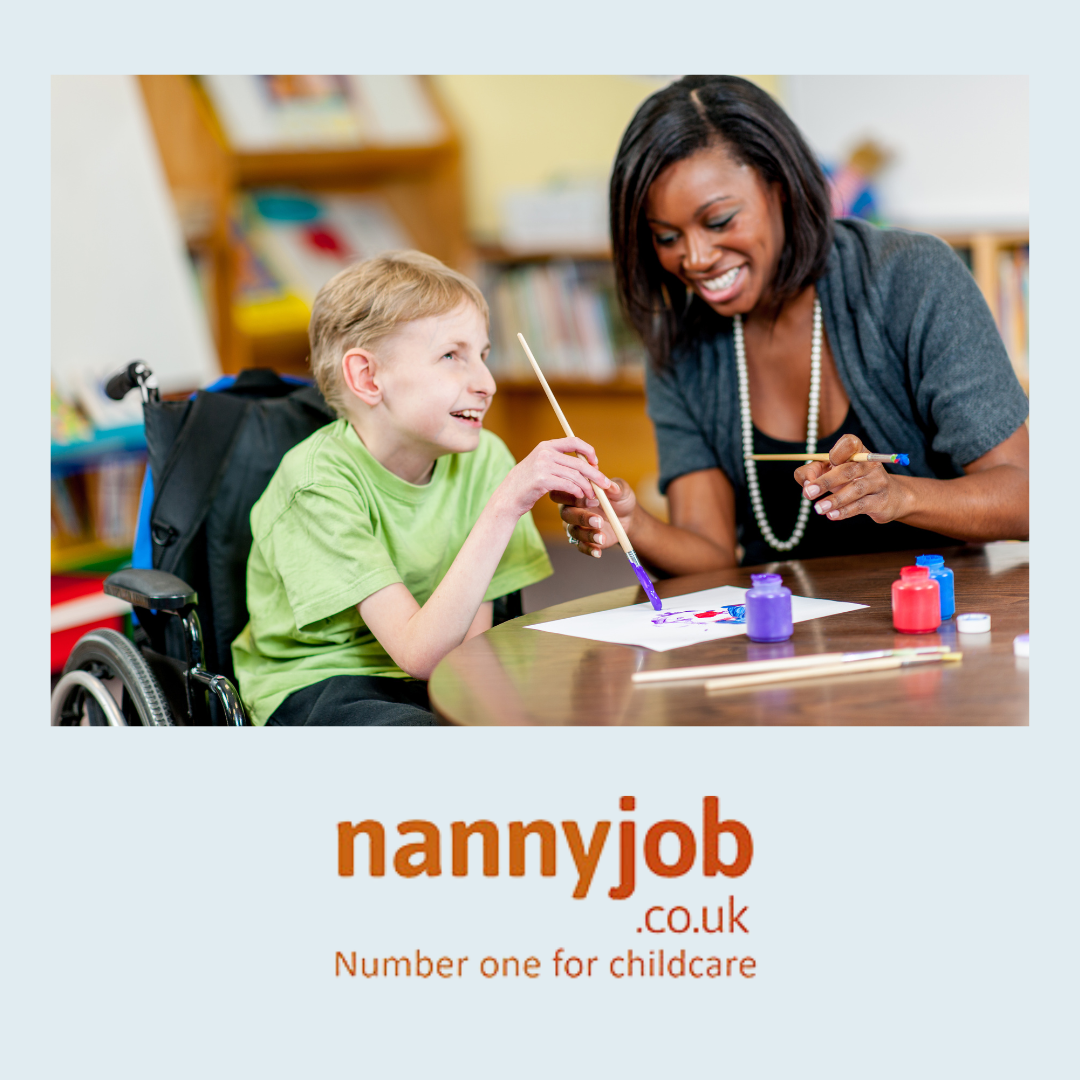Introduction
Learning Disability Week in the UK is an important time to raise awareness about learning disabilities, promote inclusion, and provide support to individuals and families. It’s an opportunity for parents, nannies, and childcarers to learn more about how to support children with learning disabilities and how to foster an environment of acceptance and equality. This year, let’s focus on recognising the signs of learning disabilities, how to communicate concerns responsibly, and how to teach children about non-discrimination.
Recognizing Signs of Learning Disabilities
Identifying a learning disability early can greatly improve a child’s academic and social development. Nannies and childcarers are in a unique position to notice atypical development or learning difficulties. Signs may include difficulty following directions, problems with reading, writing, or math, difficulty remembering, or problems with coordination.
Approaching Parents About a Potential Learning Disability
If you suspect a child in your care may have a learning disability, approaching the topic with parents is sensitive but crucial. Here are some tips:
- Gather Observations: Before approaching parents, collect specific observations about the child’s behaviour and learning patterns.
- Choose the Right Time and Setting: Schedule a private and quiet time to talk, ensuring there’s enough time for a detailed discussion without interruptions.
- Be Supportive and Fact-Based: Present your observations factually and express your concerns gently but clearly. Reassure the parents of your supportive role in their child’s development.
- Suggest Further Assessment: Encourage the parents to consult professionals for a comprehensive evaluation. Offer to provide support during this process.
Supporting Families with Children with Learning Disabilities
Supporting a family with a child who has a learning disability involves patience, understanding, and proactive engagement. Here are some ways to provide support:
- Educate Yourself: Learn about different types of learning disabilities and effective strategies to assist children.
- Implement Inclusive Activities: Use tools and resources that accommodate various learning styles and needs.
- Encourage Open Communication: Maintain open lines of communication with the family to discuss the child’s progress and any adjustments needed in caregiving strategies.
Teaching Children Not to Discriminate Against Learning Disabilities
Education about inclusivity and diversity should start young. Here’s how to teach children not to discriminate:
- Lead by Example: Show inclusive behavior. Use positive language when discussing differences and show respect for all individuals.
- Educational Stories and Activities: Use books, videos, and activities that highlight diverse characters, including those with disabilities, to teach acceptance and empathy.
- Discuss Openly: Encourage questions and discuss learning disabilities openly to demystify them and reduce stigma.
Conclusion
Learning Disability Week is more than just a campaign; it’s a crucial reminder of the ongoing need to be inclusive and supportive of all individuals, regardless of their learning abilities. By working together, we can create a supportive environment that promotes the well-being and development of all children.

